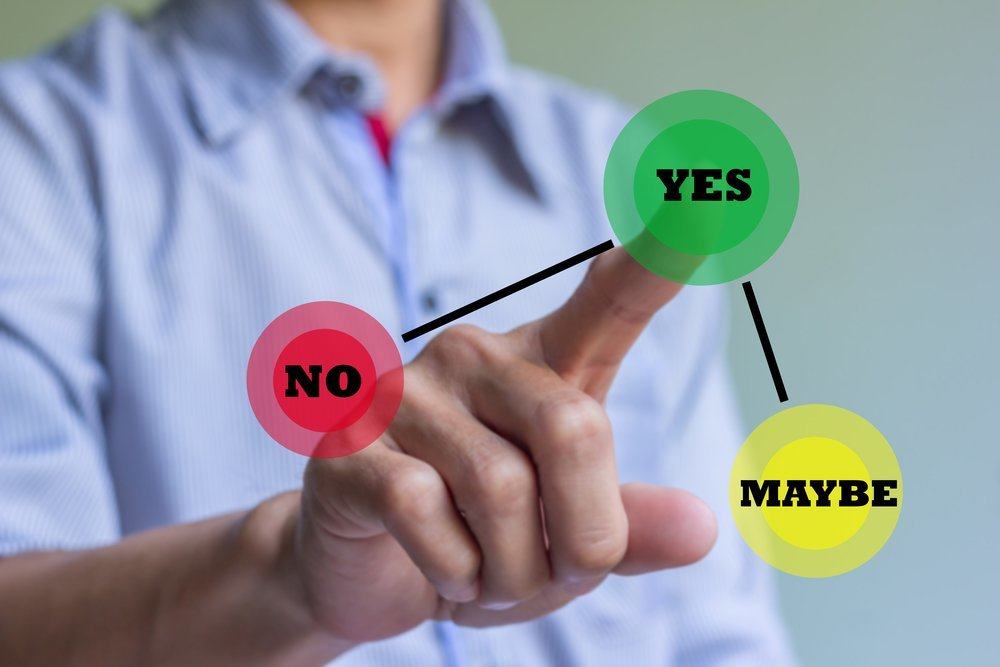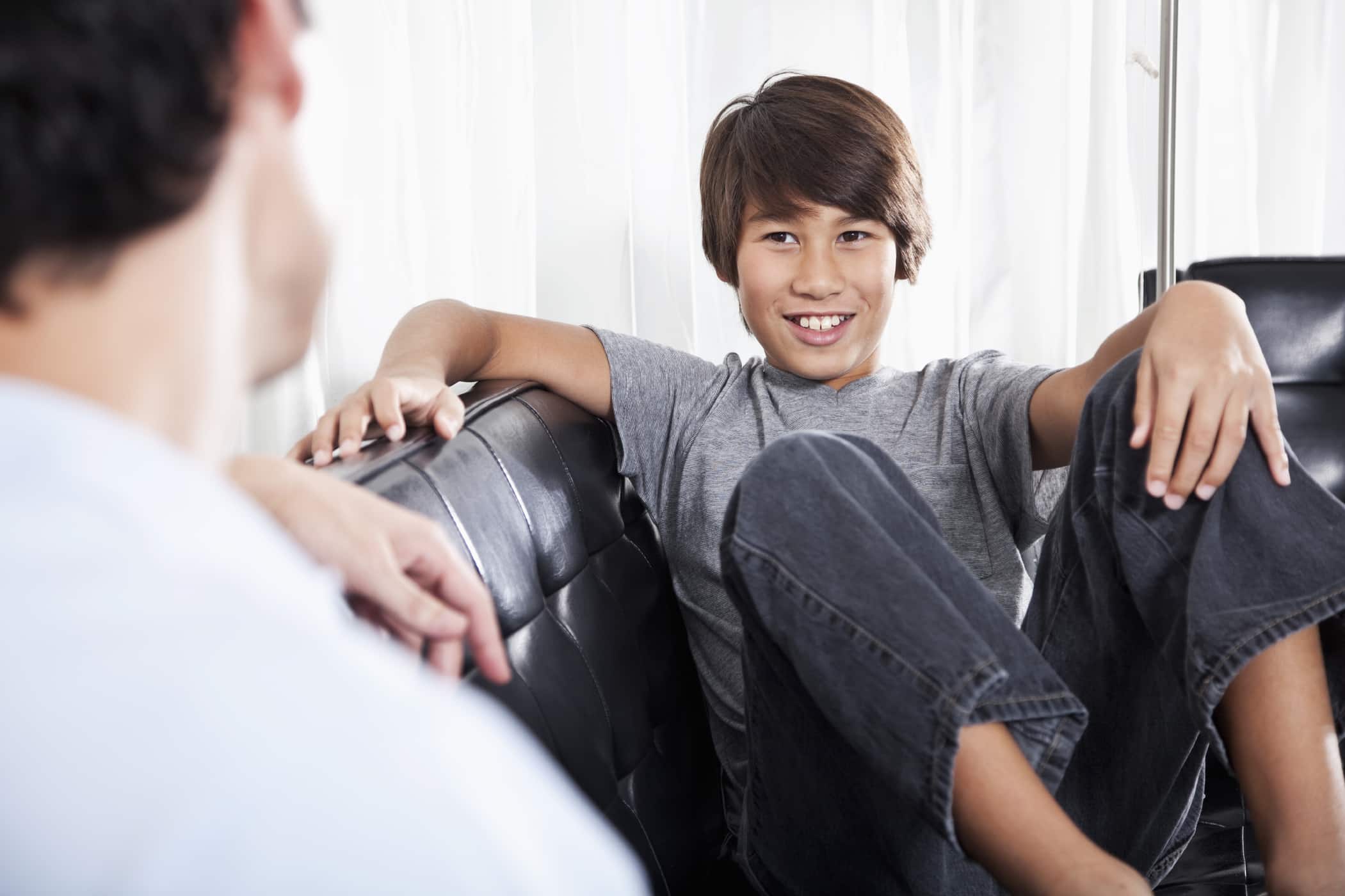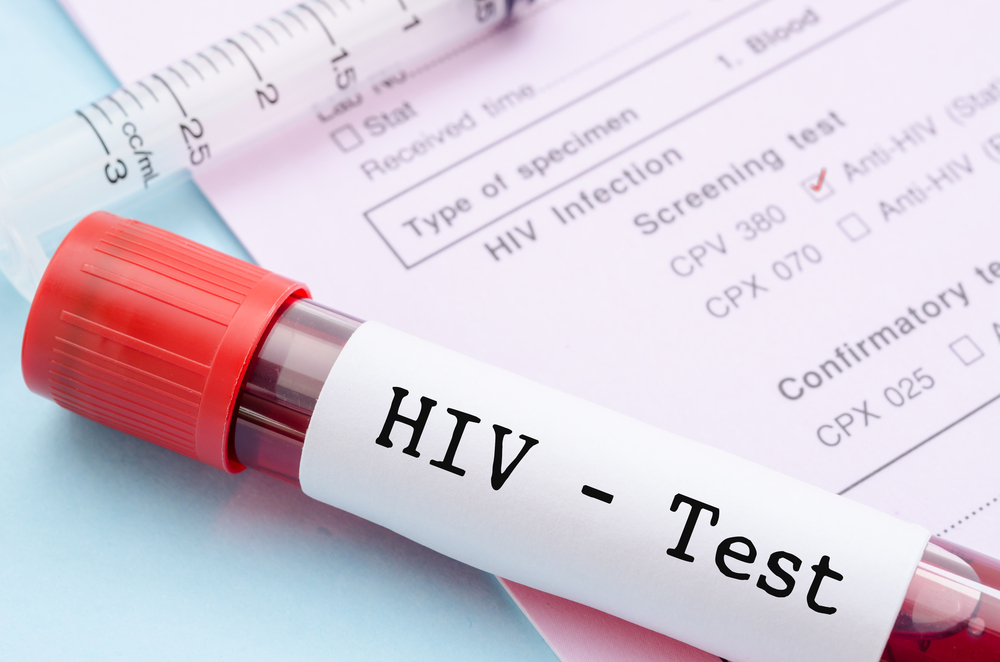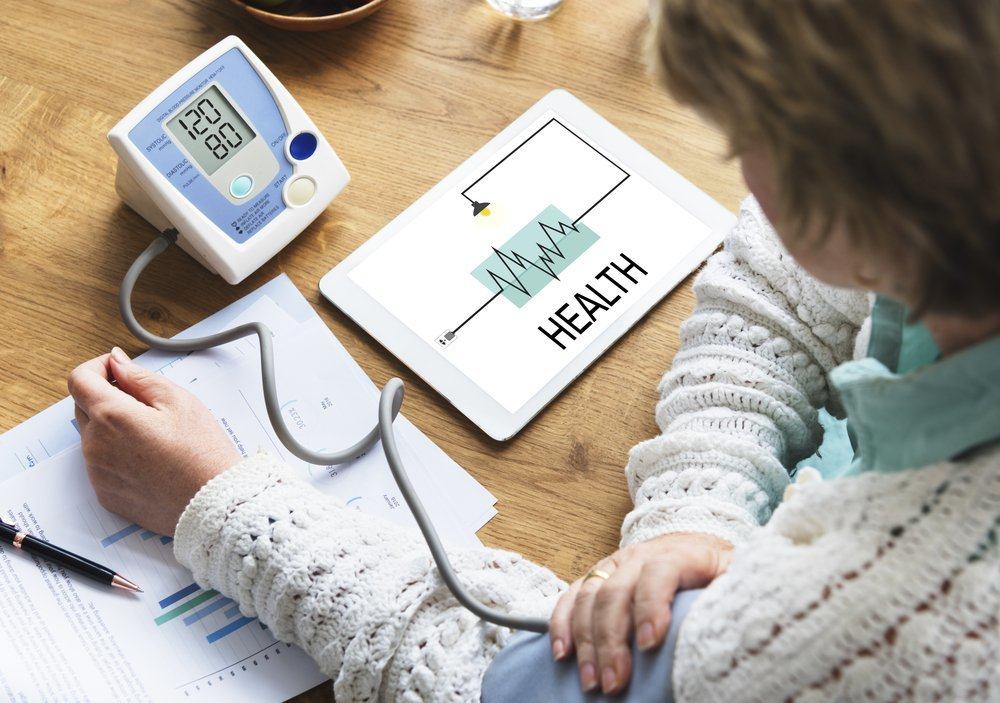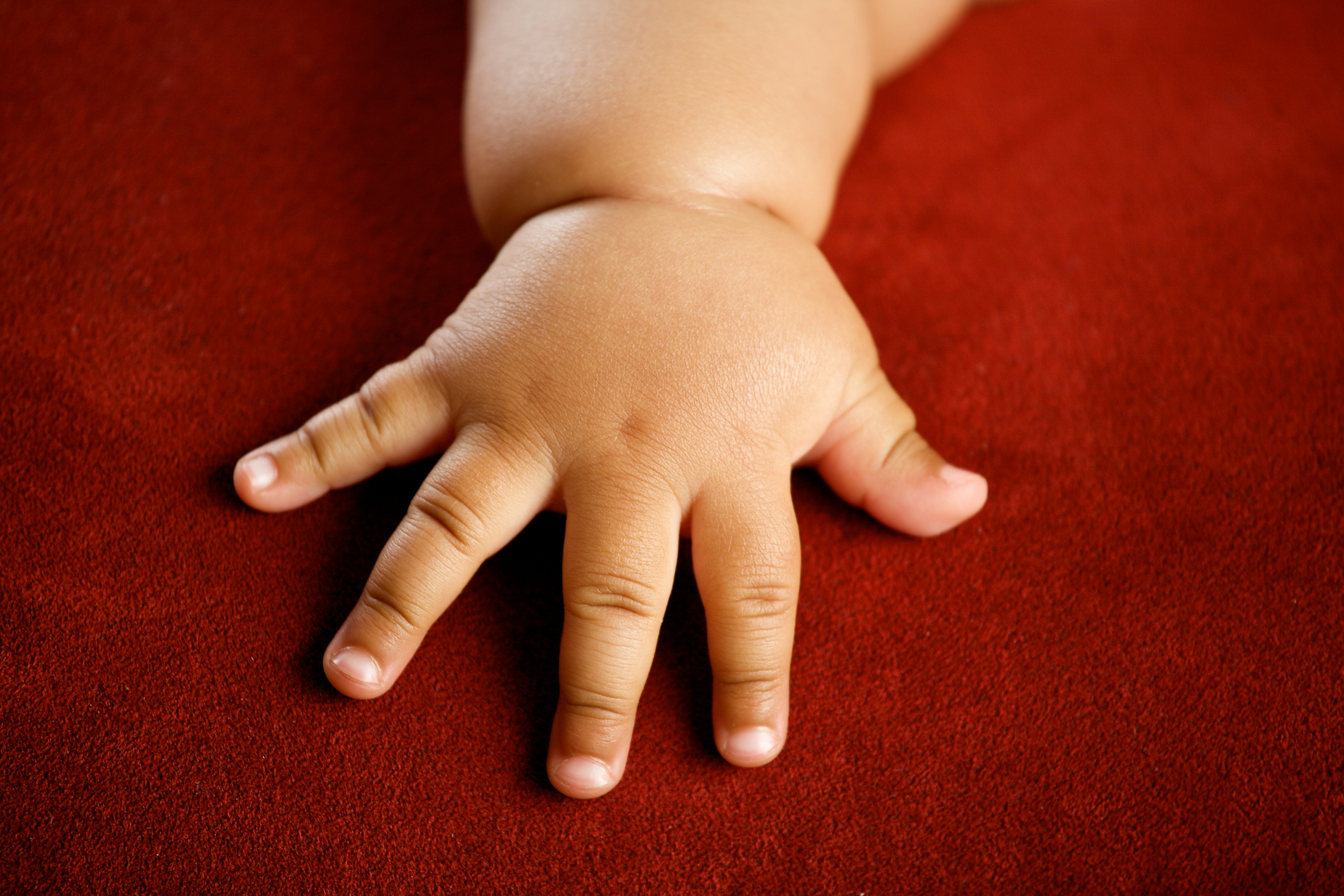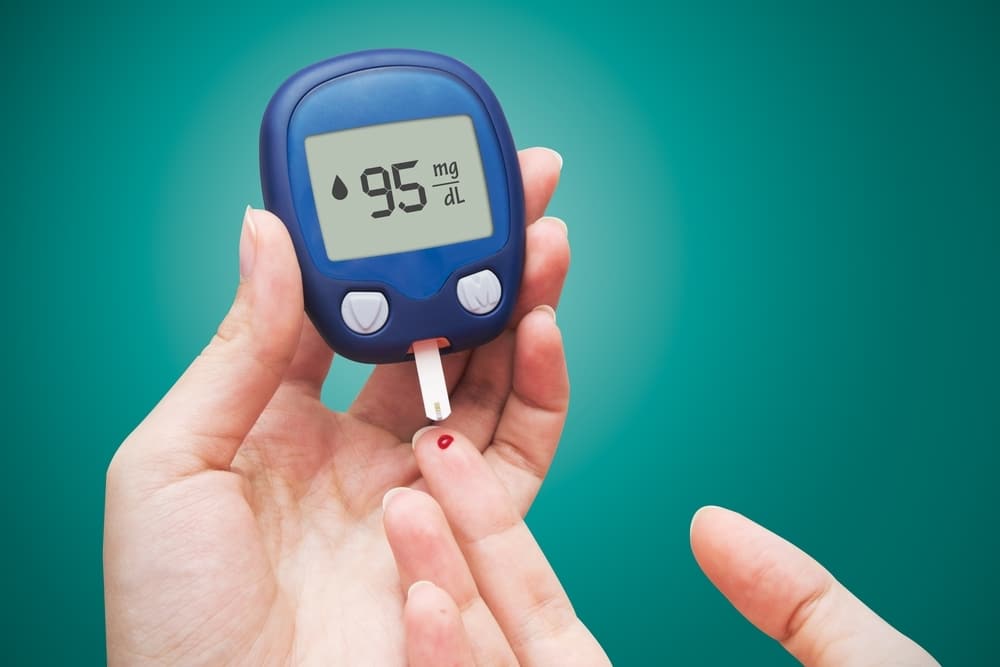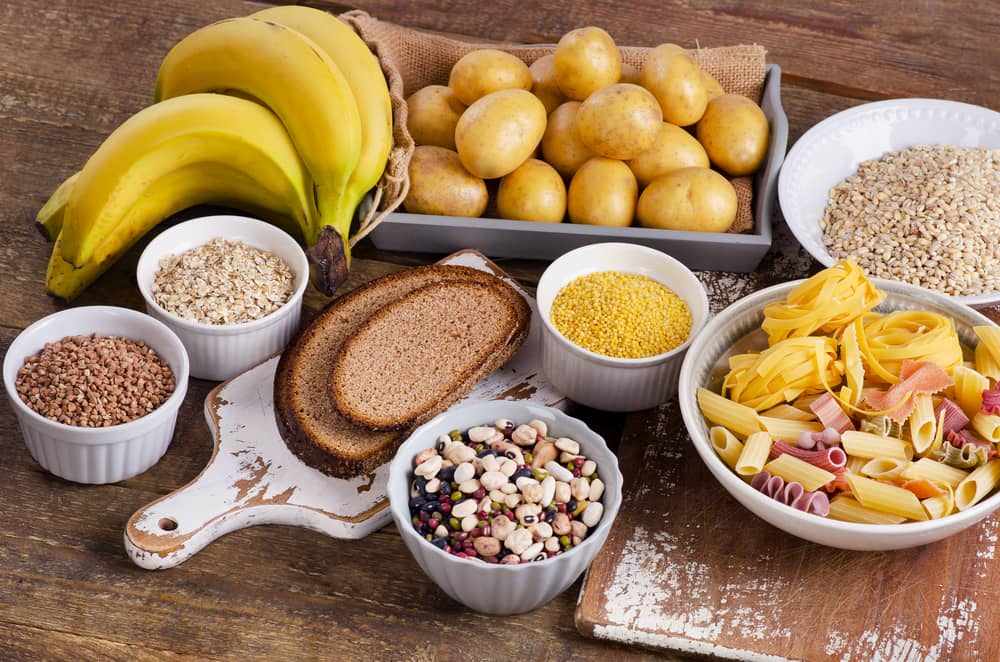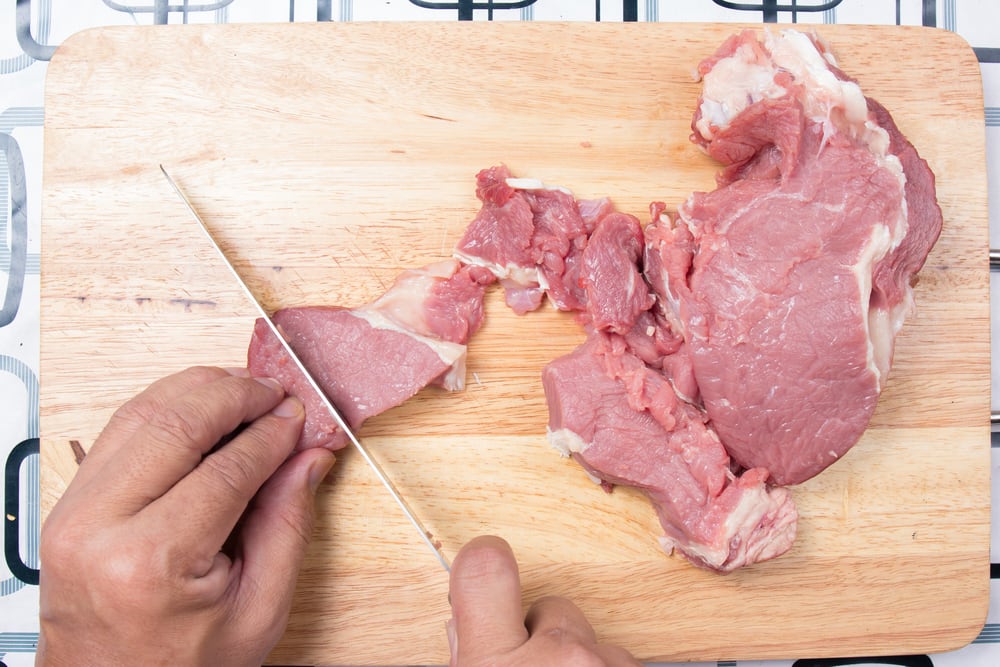Contents:
Medical Video: 10 Worst Business Decisions In History
For example, you will make a difficult choice. One decision that can have a big impact on your life. Every time you think you have made a decision, other choices waver your heart. You go back to the beginning: A or B, huh?
Should you make a more detailed list of pros and cons, or seek advice and advice from more trusted people? Or, should you trust your instincts?
Many people will suggest the last solution: just believe what your heart says! "Do what you think is right," they said, because at least if it turns out that decision leads to a big problem, you can't blame their 'suggestion'.
So what should I do?
Quoted from The Atlantic, according to research from Jennifer Lerner, a professor of public policy and management at Harvard, making big decisions based on instinct is probably the most wrong way. Instinct, or "conscience", more or less reflects your feelings, which might be able to drive you to the wrong path.
Don't make decisions when angry
If fear creates uncertainty, anger instills confidence. People who are angry are more likely to blame other individuals, not "society" or fate. Anger makes it more likely for people to take risks without caring about the dangers of these risks. People who are angry also rely more on stereotypes and are more motivated to act quickly. Anger is the emotion that moves.
These impulses are part of adaptive evolution, Lerner said. "Humans developed in the era of hunting hundreds of thousands of years ago," Lerner said. "If someone steals your hunted meat, you certainly won't think‘ should I chase the thief? " You will immediately chase it, without asking much. "
You can see the effect of this anger on the recent Brexit incident. The Britons were angry (due to austerity policies from the European Union to raise taxes as the British government cut state spending in an effort to pay off debts from the 2008-09 major recession) and blamed immigrants who "took the rights and work areas of native English" . According to Lerner, anger can be a supportive emotion in important moments, because anger is the main emotion of justice. But on the other hand, anger is confusing. Anger makes our mindset become too simple. People turn to the fast, fast way: "Drive away the immigrants!", "Get out of the EU!" Rather than return to considering policies for refugees and their implications.
Anger motivates you to move, but after that, you still have to use your logic.
Don't make decisions when sad
In certain circumstances, sadness can help you make choices, because these emotions encourage more systematic thinking. People who are belching will think a lot, "on the one hand, there is X, but the other side is Y," which is actually good. However, sadness also makes you reflect too long - "but X also means a, b, c, d, e" - which will actually slow you down to reach a decision with satisfaction and relief.
Reporting from Inc., research shows that you are more likely to set your 'goals' really low when you are sad or depressed. In one study, participants were asked to sell various objects. Participants who feel sad set their prices lower than other participants. The researchers suspect sadness makes them set the standard for low prices, with the hope that achieving the final goal will improve their mood.
Setting low standards for yourself can prevent you from reaching your greatest potential. You may decide not to apply for promotion in the office, or not negotiate with big clients because you are feeling upset.
What's more, sadness might make you more impatient, just give up. A 2013 study by Lerner and partners found that people who were sad received up to 34 percent less money to be paid now too, rather than having to wait three months from now for bigger payments. But at least that might make you more generous with others. Lerner also found that compared to angry people, sad people allocate more charity to people who are more in need, because the angry person usually tends to blame the poor for their own fate.
Don't make decisions when you're happy
So far, you might think that happy moments are the right time to make a decision. Wait a minute. Surprisingly, feeling happy is not as good as boiling emotions and sadness, in influencing the way you establish choices.
Some studies show that people who show a positive mood, are "on the cloud", and are feeling euphoria, will prioritize aspects of beauty rather than quality. For this reason, there are certain reasons why casinos and gambling centers use bright lights and loud noises - they want you to stay excited. The more you feel excited, the more likely you are to spend large amounts of money.
Also, when you feel too excited about something, you will tend to be easier to put aside all risks. Do you intend to take fantastic amounts of loans for a tantalizing opportunity, or you bet all the rest of your money on the football team that leads the game, you will be more likely to turn a blind eye to risk when you feel excited.
Don't make decisions at night
Throughout the day, human mental energy continues to be squeezed - by household obligations, office work, home-office commuter trips, etc. Thus, following time, like it or not you will become more physically and mentally tired at the end of the day. As a result, it will be more likely to work reluctantly. Cognitive fatigue is a drain on your mental resources. It looks clear, doesn't it? But unfortunately, most people overlook cognitive fatigue, even though the fact continues to present that this affects their choices and behavior so much
Research has shown that continuous cognitive fatigue will result in office exhaustion, decreased motivation, increased distraction, and poor information processing. Cognitive fatigue even decreases the quality of one's judgment and decisions. Reporting from Psychology Today, psychologist Daniel Kahneman in his book Thinking Fast and Slow, said, "People who are cognitively busy, are more likely to make selfish decisions, use sexist language, and make superficial judgments in social situations."
Kahneman further explained the advantages of how cognitive and physical depletion damage our self-control. We make stupid choices. We hurt ourselves and others. We act uncharacteristically. Then, after you make a bad decision, you immediately rationalize our behavior, give ourselves and others a good reason why we act so badly.
Make a decision after enough rest
For one thing, we are all subject to the daily circadian rhythm. If you want to be truly productive, you need to take advantage of the times when you are most vigilant to do your most important thinking, that is, after enough and sound sleep.
To prove it, scientists at the University of Bristol implanted electrodes in the brains of male rats, reported from Men’s Fitness. After recovering from the operation, these mice run a cycle of "sleep, rest, and walk freely" while scientists track what information they store or dispose of while sleeping.
Then, these mice were made unconscious and their brains were examined. The result: during sleep, their brains very quickly sort out daytime experiences and store meaningful memory, in the sense of "cleaning up the garbage" of the mind and allowing him to be more focused on doing a more important task: making a decision.
Make a decision when the bladder is full
If later you need to make an important decision, it might be a good idea to drink two or three glasses of water before actually making your choice. At least, so said a study by a group of researchers from the Netherlands, reported by Inc.
"You seem to be able to make better decisions when your bladder is full," said lead researcher Mirjam Turk of the University of Twente in the Netherlands.
In the experiment, researchers asked participants to drink five cups of water or swallow a sip of water from five separate glasses. After 40 minutes (the time needed for fluid to reach the bladder) the researcher then tests the aspects of self-control of each subject. Participants were asked to make eight kinds of choices: each one was to receive instant gratification, or a greater but slightly delayed award. For example, in one scenario they could choose to take $ 16 the next day, or $ 30 in the next 35 days.
As a result, people who have a full bladder are more likely to choose to wait a little longer to get a larger amount. Other experiments have reportedly supported this theory.
This finding reinforces the notion that the innermost mind has a detrimental effect on one's ability to implement self-control. In the world of psychology, this is referred to as "thinning of the ego" - the brain struggles to hold back one bodily function, in this case holding back urination, so it is easier to exert self control in other areas.
The Tuk hypothesis is that - because feelings of restraint originate from the same area of the brain - self-control in one area can affect self-control in other areas. "People who have higher levels of bladder control should be better able to control other unrelated impulses," he said.
To make a balanced decision, acknowledge your emotions because there seems to be no one mood that will definitely put you in the perfect frame of mind for making decisions. However, pay attention to how your moods and feelings can flip through your thoughts and influence your thinking.
READ ALSO:
- Eating Junk Food Can Make Depression, Why?
- Can It Really Be A Fat Body But Stay Healthy?
- What happens to the body during orgasm

